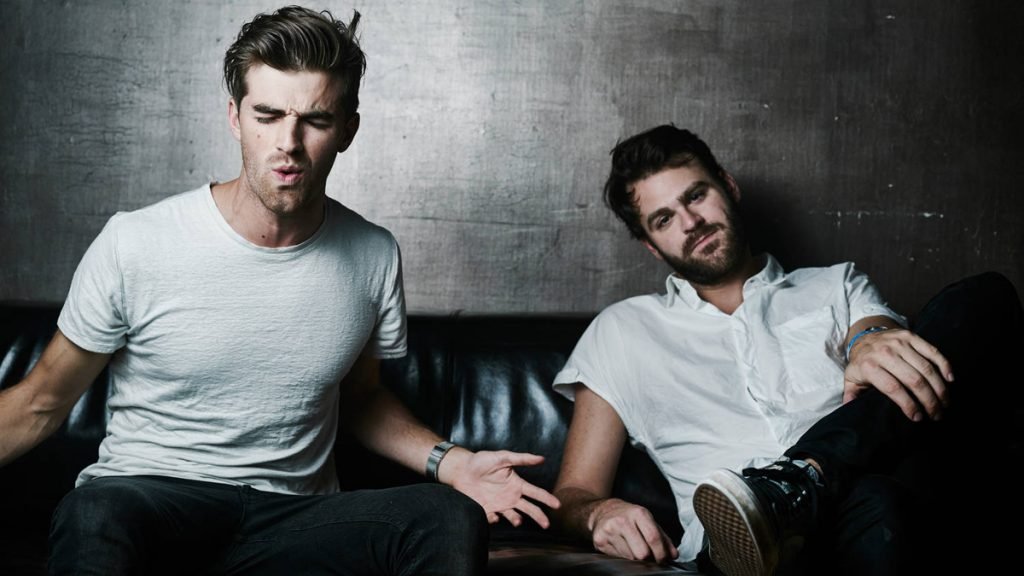
Sheeran has won a copyright battle over his 2017 hit Shape of You.
On Wednesday, a judge ruled that the singer-songwriter did not plagiarize Sami Chokri’s 2015 song Oh Why.
Chokri, a grime artist who performs under the name Sami Switch, had claimed the “Oh I” hook in Sheeran‘s track was “strikingly similar” to an “Oh why” refrain in his own track.

After the ruling, Sheeran said such “baseless” claims “are way too common”.
In a video on social media, he said there was now a culture “where a claim is made with the idea that a settlement will be cheaper than taking it to court, even if there’s no basis for the claim”.
He added: “It’s really damaging to the songwriting industry. There’s only so many notes and very few chords used in pop music.
“Coincidence is bound to happen if 60,000 songs are being released every day on Spotify. That’s 22 million songs a year and there’s only 12 notes that are available.”
Spotify‘s most-streamed song is Shape of You, the best-selling song in the UK in 2017.
- Mrberdo’s “P.A.P” Album: A New Side in Hardcore and Electronic Pop
- Abe Shaw Sings Soft R&B Sounds with New Song “Bonnet”
- Misha Mandy’s Empowering Anthem “Fading Out” Redefines Indie Pop
- Terra Renae’s Soulful Pop Sounds of Self-Discovery in Debut Album “All I Have”
- Why Them: Catlea’s Bold Assertion of Independence
Sheeran did not intentionally or subconsciously copy Chokri’s song, according to Judge Antony Zacaroli.
He acknowledged there were “similarities between the one-bar phrase” in Shape of You and Oh Why, but said “such similarities are only a starting point for a possible infringement” of copyright.
After studying the musical elements, he said there were “differences between the relevant parts” of the songs, which “provide compelling evidence that the ‘Oh I’ phrase” in Sheeran’s song “originated from sources other than Oh Why”.
According to him, there was only one “speculative foundation” for the defence’s case that Sheeran had heard Chokri’s song before writing Shape of You. “I find, as a matter of fact, that he had not heard it,” he said.
Sheeran wrote his chart-topping track with two collaborators, Snow Patrol’s John McDaid and producer Steven McCutcheon, who all denied hearing Oh Why before.
In 2018, the trio asked the High Court to declare they had not violated the copyrights of Chokri and his co-writer Ross O’Donoghue. The case led to an 11-day trial in London last month.
Ed Sheeran, who took the unusual step of preemptively suing Sami Chokri and Ross O’Donoghue in 2018 in an attempt to clear his name, will be hugely relieved by this ruling.
The accusation that he had copied another writer’s work without giving them credit hurt him greatly. The star was often abrupt and terse on the witness stand as he explained how, in several other cases, he shared royalties with writers who inspired him. He protested that some of the profits from Shape of You went to the writers of TLC’s No Scrubs.
In court, he sang Nina Simone’s Feeling Good and Blackstreet’s No Diggity to demonstrate that the melody he was accused of stealing was common in pop music.
Chokri exhibited more emotion. He said he felt “robbed” by an artist he respected and wished the case had never been tried. He remained adamant, though, that Sheeran had heard and copied his song.
Ultimately, the judge disagreed. Chokri had to prove Sheeran listened to his song in order for copyright infringement to be proven – otherwise the similarities would only be coincidental. However, Mr Justice Zacaroli said Chokri’s team had failed to establish that Oh Why had ever graced Sheeran’s speakers.
Since Sheeran has been the target of his fair share of copyright claims, he will no doubt hope that this verdict will make future litigants think twice.
The Shape of You songwriters filed a lawsuit in 2018 after their royalties were frozen when Chokri and O’Donoghue requested that their names be added to the hit’s credits as co-writers.
Shape of You earns Sheeran, McDaid and McCutcheon about £5m a year, the court heard, despite almost 10% of the payments having being frozen due to the dispute.
Mr Justice Zacaroli ruled Sheeran and his collaborators were justified in considering Chokri and O’Donoghue’s request for co-writing credits “was a tactic designed to extract a settlement”.
Following the initial legal action, Chokri and O’Donoghue filed a counterclaim alleging copyright infringement.
In a statement released after the judgement, Sheeran, McDaid, and McCutcheon stated that their mental health and creativity had suffered as a result of the case, as well as their wallets.
“There was a lot of talk throughout this case about cost,” they said. “But there is more than just a financial cost. There is a cost to creativity. When we are tangled up in lawsuits, we are not making music or playing shows.
“There is a cost on our mental health. The stress this causes on all sides is immense. It affects so many aspects of our everyday lives and the lives of our families and friends. We are not corporations. We are not entities. We are human beings.”
Last month, Sheeran denied that he “borrows” ideas from unknown songwriters without acknowledgement, saying he is always “completely fair” in crediting people who contribute to his work.
Andrew Sutcliffe QC, representing Chokri and O’Donoghue, called Sheeran a “magpie”, claiming he “habitually copies” other artists and that it was “extremely likely” he had heard Oh Why previously.
Last month, Mr Sutcliffe said there was an “indisputable similarity” between the two works. Sheeran’s lawyer, however, said the case against him was “so strained as to be logically unintelligible”.
Forensic musicologists were called by both sides to argue the case, giving contrasting views. One person argued the songs were “distinctly different”; the other said they were “significantly similar”.





